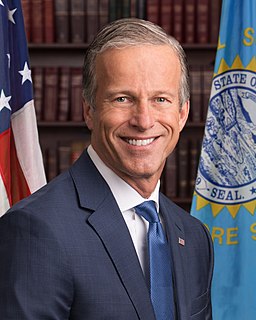A Quote by Robert Hughes
Political stress is always apt to shrink the private arena and attach it on to the public
Related Quotes
To attach full confidence to an institution of this nature, it appears to be an essential ingredient in its structure, that it shall be under private and not a public direction-under the guidance of individual interest, not of public policy; which, would be . . . liable to being too much influenced by public necessity.
The Sanders campaign, however, broke dramatically with over a century of U.S. political history. Extensive political science research, notably the work of Thomas Ferguson, has shown convincingly that elections are pretty much bought. For example, campaign spending alone is a remarkably good predictor of electoral success, and support of corporate power and private wealth is a virtual prerequisite even for participation in the political arena.
But, that’s the whole point of corporatization - to try to remove the public from making decisions over their own fate, to limit the public arena, to control opinion, to make sure that the fundamental decisions that determine how the world is going to be run - which includes production, commerce, distribution, thought, social policy, foreign policy, everything - are not in the hands of the public, but rather in the hands of highly concentrated private power. In effect, tyranny unaccountable to the public.
America is said to be the arena on which the battle of freedom is to be fought; but surely it cannot be freedom in a merely political sense that is meant. Even if we grant that the American has freed himself from a political tyrant, he is still the slave of an economical and moral tyrant. Now that the republic--the res- publica--has been settled, it is time to look after the res- privata,--the private state,--to see, as the Roman Senate charged its consuls, "ne quid res-PRIVATA detrimenti caperet," that the private state receive no detriment.


































